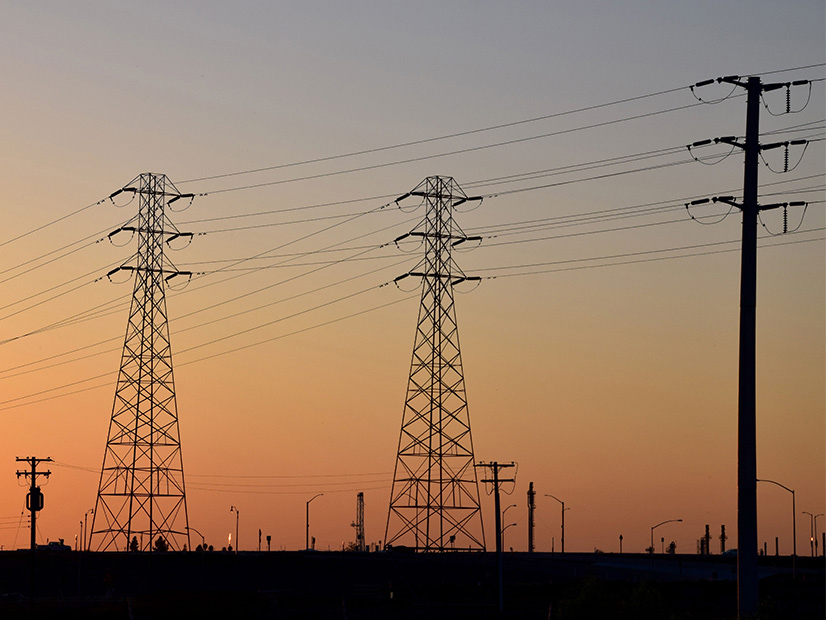A federal judge found Texas’ law instituting a state right of first refusal (ROFR) law violates the Commerce Clause and prohibited its enforcement in non-ERCOT regions, in an order issued Oct. 28.
Judge Robert Pitman of the U.S. District Court for the Western District of Texas in Austin handed down the ruling on remand from the 5th U.S. Circuit Court of Appeals in the case of NextEra Energy Capital Holdings v. Kathleen Jackson in her official capacity as a commissioner of the Public Utility Commission of Texas. (See 5th Circuit Finds in Favor of NextEra’s ROFR Appeal.)
The 5th Circuit decision also was appealed to the Supreme Court, which declined to take up the case in December 2023. (See SCOTUS Won’t Take up Texas Appeal of ROFR Law.)
The Texas Legislature passed SB 1938 after FERC Order 1000 removed federal ROFRs but required ISO/RTOs such as MISO and SPP, which serve the parts of Texas in the Eastern Interconnection, to respect state ROFR laws.
The law caused NextEra to lose a transmission project in East Texas that it had won in MISO’s competitive planning process and another project it had tried to buy from an incumbent in SPP’s territory.
The Commerce Clause of the U.S. Constitution gives the federal government the power to regulate interstate commerce. State laws can get around it if they have legitimate policy reasons. But the judge knocked down all the arguments ROFR supporters brought up in the case.
Texas claimed the law codified existing practices. But NextEra was able to build in the state prior to enactment of the ROFR law, as it did in the Competitive Renewable Energy Zone law. Another justification was to clean up statutory language after the CREZ lines were opened to out-of-state firms. The judge found that was not a valid reason to get around the Commerce Clause.
Texas also wanted to avoid federal rate regulation, but the judge shot down that reasoning.
“Balkanizing a state from interstate commerce is the very problem the Commerce Clause is meant to guard against … and so Texas’ desire to avoid the interstate market — and the federal regulation that comes with it — is not a legitimate local interest,” the court ruling said.
The final reason was an alleged impact to reliability because the competitive bidding process adds time to transmission development. But SPP transmission lines that are needed quickly can get around the competitive process. And MISO does not have a competitive process for lines that are needed solely for reliability.
“The federal bidding process does not undermine reliability by substantially delaying projects because these projects already take years to plan,” the court ruling said. “The type of transmission lines defendants are concerned about are proposed through federal regional planning bodies to promote long-term transmission development. Even without a competitive bidding process, the procedure for identifying those types of regionally planned transmission lines is time consuming.”
Texas can ensure reliability with the PUC’s certificate process, and the regulator continues to have authority when lines are in service to ensure they are operated reliably, the judge said.
“If those processes are insufficient to ensure reliability, then Texas could enact new laws that add reliability mandates,” the decision said. “The constitutional solution to Texas’ issue of ensuring reliability is to evenhandedly increase reliability standards, not to treat all out-of-state entities as necessarily unreliable.”
When it comes to competitive processes, FERC requires transmission planners to consider reliability. MISO found NextEra’s proposal for the Hartburg-Sabine project had adequate plans and infrastructure in place to ensure reliable operation. NextEra has a pending case before the D.C. Circuit Court of Appeals to try to get that project back, though MISO and FERC have since said it is no longer needed.




